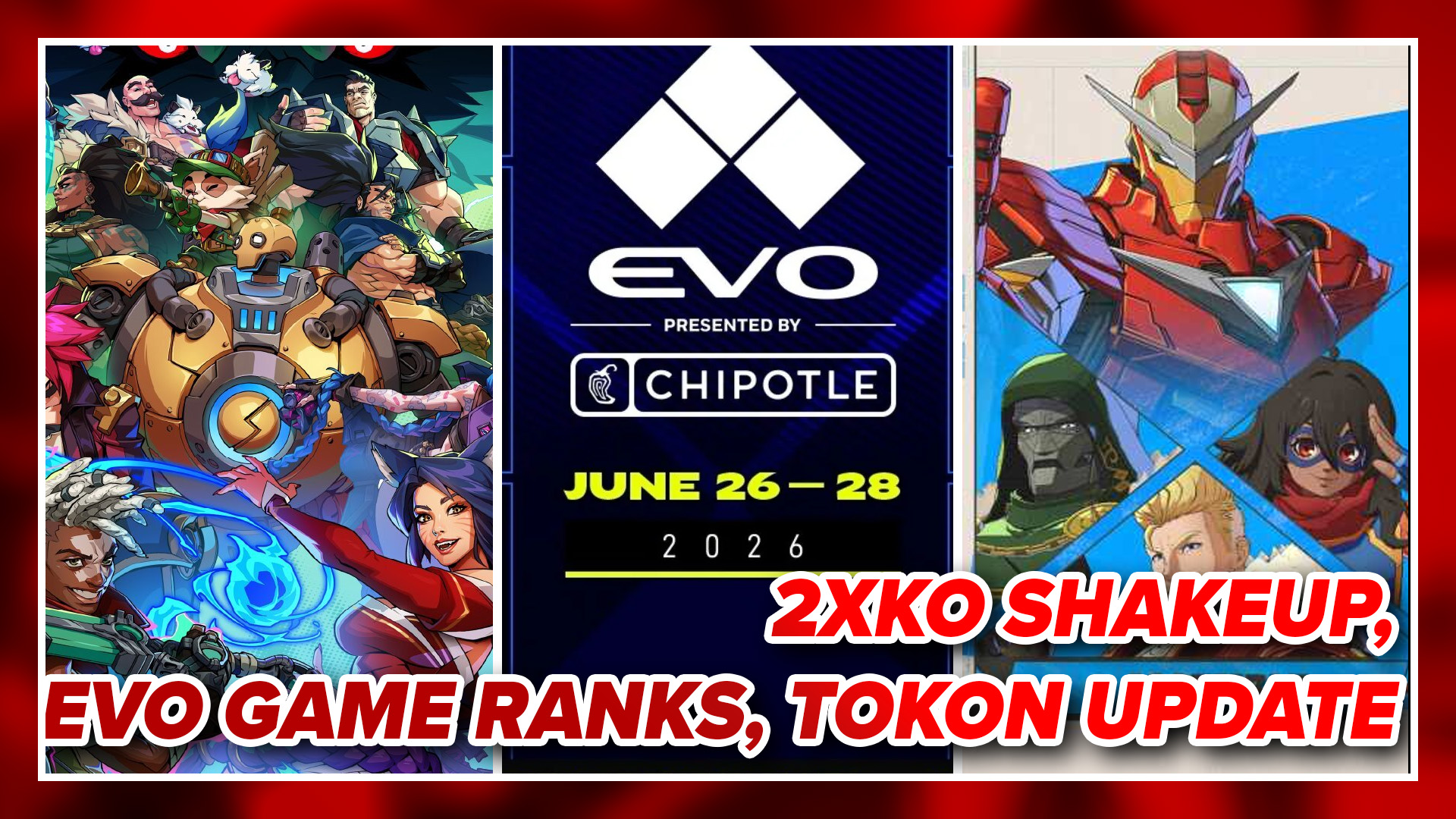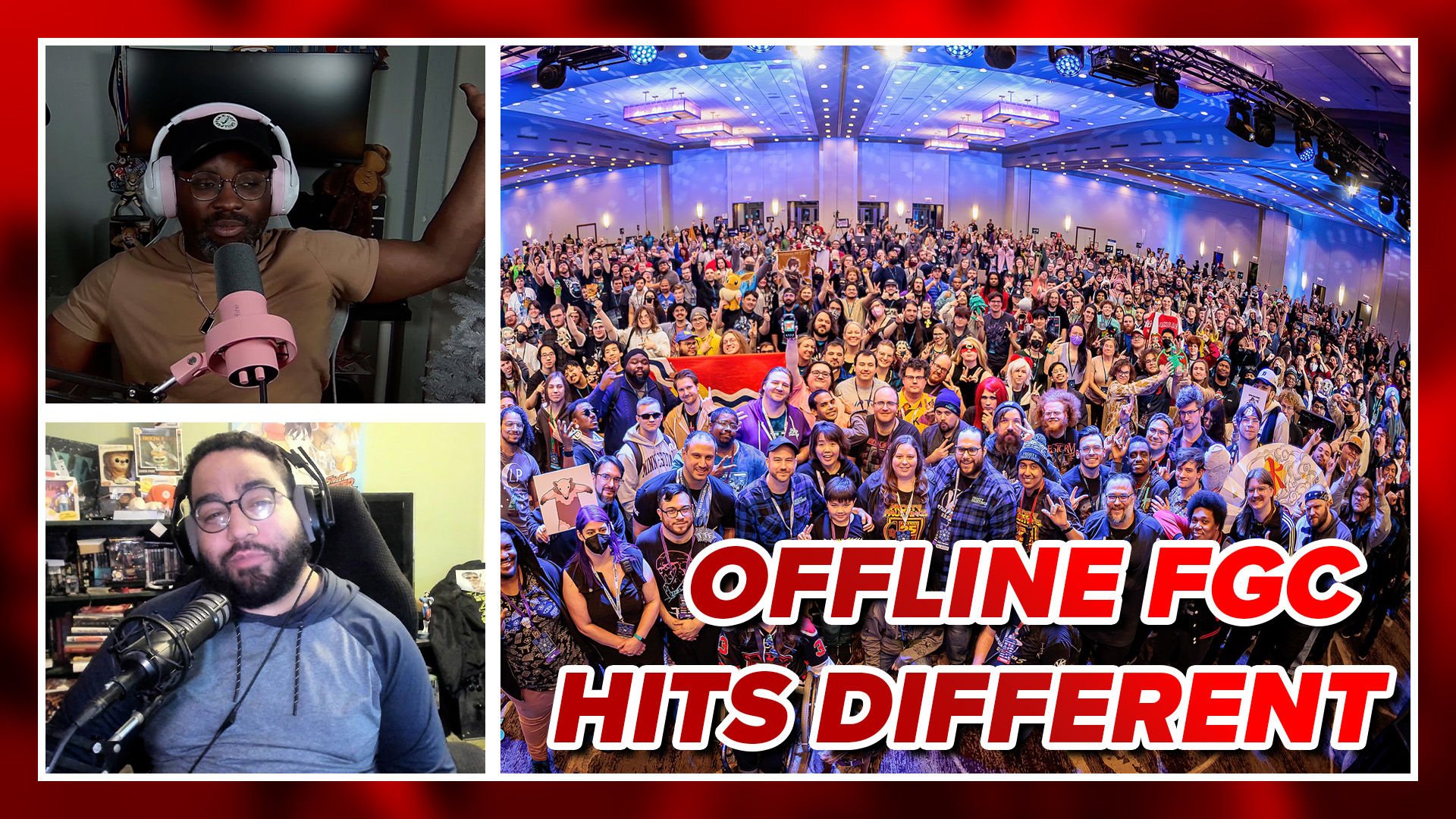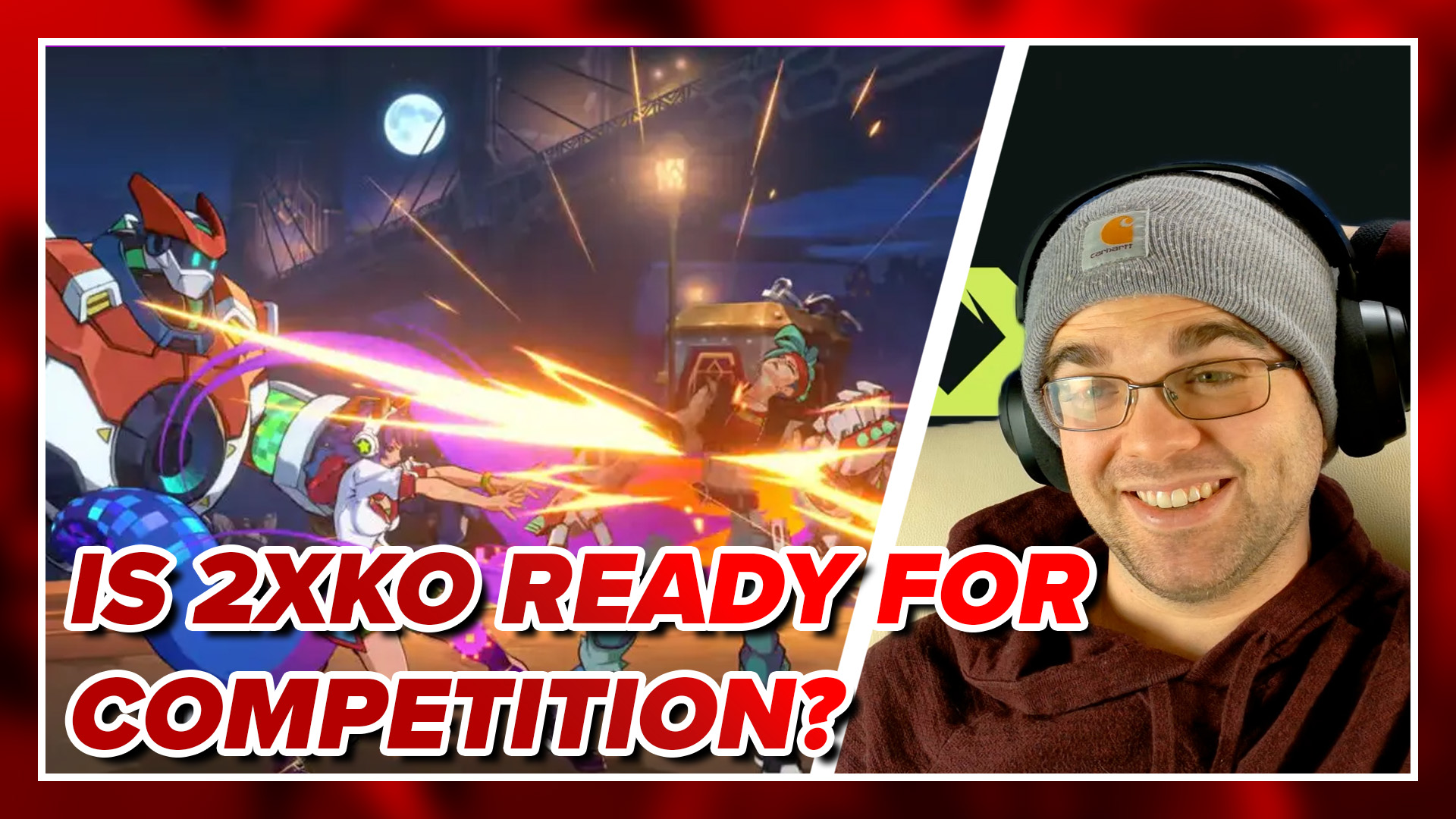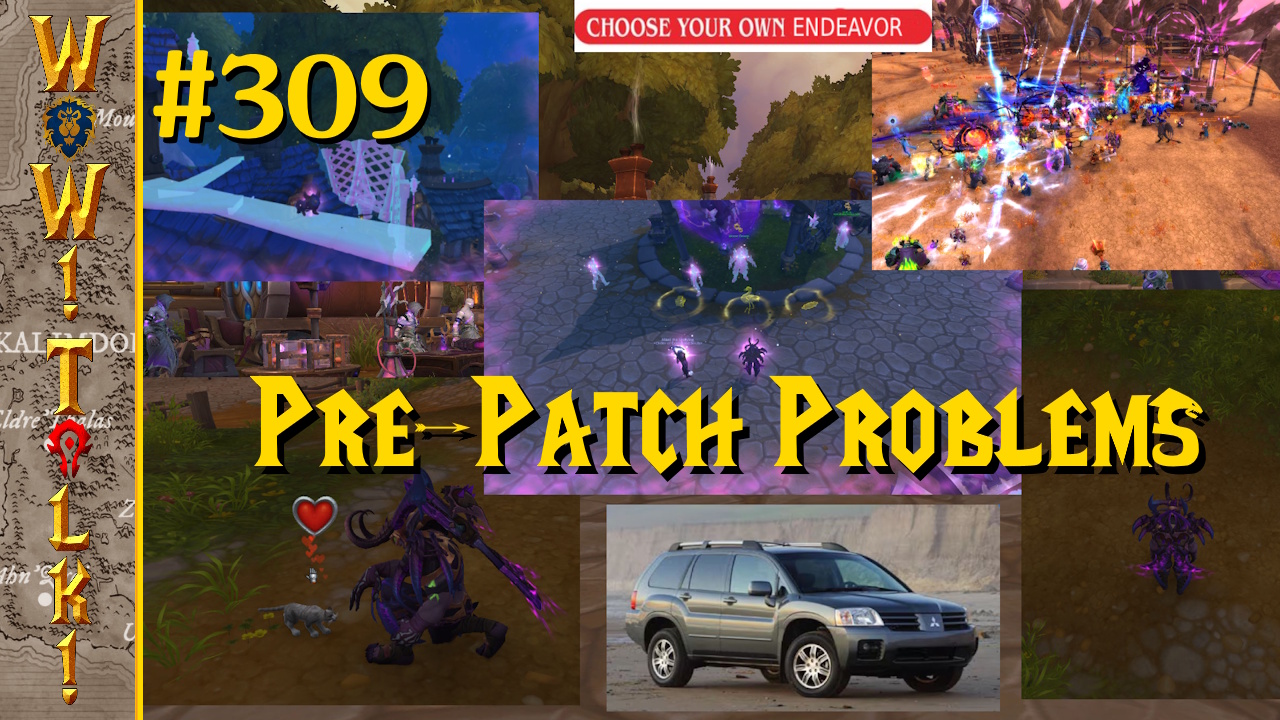Machine Men with Machine Hearts
In perhaps his first true talking role, Charlie Chaplin spoke words that even today leave me shaken just to hear them. The English language can be a misshapen, amorphous thing that often seems built purely for utilitarian purposes; its words constantly shifting to meet the demands of their users. It’s with this clumsy tool and the work of 1940’s cinema that Chaplin has spoken to millions with a scathing warning about the darkness of the few and a message of hope for humanity. He took language and image, turning things we only receive and making them into something internal. When he says that final speech in The Great Dictator, I feel something shift inside my heart and mind. The words and images come from without, but they’re of such power that they can bring about a change within. This is the power of true art; to take symbols and words to inspire a change within the person witnessing it.
This is not a power that many attribute to video games. Decades of small, pixelated men firing shots into other pixelated men hasn’t inspired many a gamer to become a better person. I’d daresay that gaming hasn’t changed much in the years since those days spent shooting through Contra. The images have grown sharper and more realistic, but what of the message? How often do we still shoot and kill the other people we run across in our games just because we’re supposed to? How often do we question the terrible things some games ask us to do to complete them?
Is this our legacy? Millions of dead across millions of online shooter matches? Worlds ripped to shreds, enemies torn to pieces across bloodstained landscapes? With every new world spread before us, will our first thoughts always be about what hostile creatures wait for us there? With every depiction of a place in the real world, will our response be one of hostility? Don’t we seem cynical and hard when we laugh at someone’s heart being ripped out or cheer after stomping an enemy’s head into pulp? Is this all that victory means to a game? Death and destruction? Is this what resonates with us after the game is off and we close our eyes to sleep for the night?
No.
It’s easy to come to that conclusion as an outsider looking in at the game industry. I can even see other game players seeing things in the same way. Our hobby seems like it’s defined by its violence, but I’d argue that many of its most important moments for many people don’t have anything to do with the violence at all. Sure, everyone can remember that one amazing kill they got in some game, but is that all that’s stuck with us over years of playing games? I doubt it. For myself at least, the most defining moments in the games I’ve played haven’t had anything to do with fighting or killing at all.

The Unloved and the Unnatural
My earliest memory of being moved emotionally by a game came from something that happened in Final Fantasy II (IV). In it, you play as the Black Knight Cecil, and he does some ghastly things in order to get the magic crystals his king wants. His powers were drawn from darkness and evil, and in the beginning they made him the strongest character you could get. His damage output was on-par with the most powerful spells you had at that point. Who cares where his strength came from? You were destroying the game!
Then you lose. You can’t even damage the game’s villain, Golbez, and you get tossed aside and left for dead. When you wake up, you’re told that you’ll have to discard your dark power if you ever intend to beat Golbez. To do so, you have to climb a mountain and renounce your powers, something the game doesn’t make easy. As powerful as Cecil has been throughout the game, he’s practically useless on Mt. Ordeals as his attacks barely hurt the undead there. If you manage to make your way to the top, you get to enter a fight against yourself; although fight might not be the right word.
This was the first time a game asked me to think about my actions; the first time I’d been asked to do anything besides try to hurt another creature. It was an odd experience, but even at that age I felt a chill run down my spine as I stood there, watching my hit points drop while my hand quivered over the attack button. It was a struggle not to hit back; a constant battle with myself to keep from giving in and hitting the button. My hit points were dropping fast and if I didn’t attack him back then I was going to die. If I did hit that button, though, I was giving in to the life of violence and darkness that I was swearing to give up. I had to take the peaceful way out this one time, even if it would never be the case again for the rest of the game.
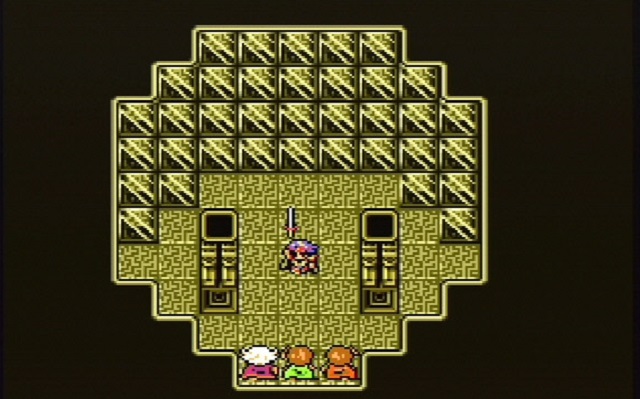
I didn’t entirely understand that moment when I played it, but I could feel something important was happening. The events seemed to mimic the events in the real world, where bullying had turned my life into a dark place that I used video games to escape. It was easy to want to be in the world of video games, as that was the place where I was powerful again. Through violence, I could effect change in the game worlds. No one would ever pick on me or bother me in the game world, as I could overpower and beat them there. I never became violent in real life, but I won’t try to tell you that there was never an appeal in it.
This was something different, though. It was a message that the dark path might seem to make you stronger, but all it was doing was making you more and more like your enemies. The hatred and anger that I was fostering were not making me strong enough to beat the people who were hurting me, but could only make me more like them. In the end, that road will have you become the very thing you hated most. Given the studies that have shown that the abused become abusers when they grow up, or even simple things such as the vitriolic hatred over Xbox Live, it’s not hard to see this in effect. It seems like you’re becoming stronger when you learn to hate the world back, but all you’ve done is made yourself into the same things that hurt you.
I didn’t know I was learning that lesson, but I could feel it. Profound moments in your life can be like that — instilling you with a message it may take the rest of your life to understand. It took years before I figured out why that moment had always meant so much to me; why I’d been so moved by it when I saw it. It was also why I come back to the game every few years to play it again, and why that moment never loses its power no matter how many times I see it. It was nothing more than a couple of pixelated characters on a screen being manipulated by what I chose to do or not do with a handful of buttons in my hand, but my life was different afterward. It was nothing the most clumsy filmmaker, writer, or artist probably couldn’t have technically outdone, but it still shook me like nothing else had before.

We have Developed Speed, but we Have Shut Ourselves In
I have played a lot of games since that one. For years I used to keep track of them, only giving up a few years ago once I was passing seven or eight hundred games beaten. I’ve probably saved the world a thousand times by now, and killed tens, maybe even hundreds of thousands of creatures. Saying those things out loud make me sound like I crave the violence of it all and live for the simulated bloodshed, but those aren’t the moments I remember most. What I can recall from a lifetime of video games are the small moments. The times when the characters were at their most vulnerable and human. It was the short conversation between Solid Snake and Gray Fox at the end of Metal Gear Solid that made me love the game. It was the final moments with Emily that made Deadly Premonition an instant classic. It was the heart-wrenching VHS tape from Silent Hill 2 that made it into one of the most important games I’ve ever played.
Video games are a very easy medium to dismiss because of all that violence. It buries the good parts that many of us take from them and makes them impossible for others to see. It’s hard to explain how video games can be art when the most popular depictions of them are endlessly violent and bloody. It’s easy to be dismissive of the power video games hold to change lives when the big push is for the next great depiction of gunplay and war. On top of all that, we still have to beg the question as to why most of gaming’s treasured moments are couched firmly in between moments of violence. If games are an art form, why does it seem like it can’t express itself in any other way than violence? Why does there have to be fighting around every aspect of gaming’s messages?
I think a part of that is the world we live in. Especially with the events in Boston a few weeks ago, we never have to look far to see the brutality of our fellow man, and the world can really seem like an awful place when looking out at it. Almost all of our lives we’ve been told that our neighbors are strange, potentially dangerous people who could mean us harm. We’re warned about the people that walk the streets at night, about certain ethnic groups in some areas around town. We’re told to lock our doors, bolt our windows, and hunker down, praying day breaks without someone trying to break into your home and kill you. We’re told daily that we’re not attractive enough, strong enough, or smart enough. Our whole lives seem to be set against invisible enemies and against ourselves, putting us in a constant war. In the world of video games, at least our enemies are tangible and beatable.

We haven’t seen much of anything besides these dark depictions, though. There’s been almost nothing in the game world that didn’t use violence to move its message along, and so its art has always been buried under piles of pixelated bodies. As development costs ballooned in this generation, we’ve seen the industry almost entirely focused on the next shooter; bleeding almost all art and creativity from the medium. The quirky games of the PS2 era have dried up as Triple A development has become consumed with making the next best version of playing tag with guns. A game like Spec Ops: The Line will pop up randomly every once in a while, but for the most part the industry is creatively and artistically stagnant.
It’s funny because, to me, games like Spec Ops: The Line show the gaming industry at its most powerful and most relevant. Here is a game that makes you question the violent acts you’re complicit in while playing games; one that challenges you to think about what all of this killing means. It makes you think about your own actions, even if they’re within a digital space, and question your own feelings about them. It encourages retrospection, something that’s a real hallmark of true art. Can we have that same power without the violence, though? Is this industry so wrapped up in violence that the only way it can be artistic is through depictions of violence?

The Power to Create Machines; The Power to Create Happiness
There are some people who beg to differ, and it’s through their work that I finally put together the answer as to why I felt games could be art. The first was Jonas Kyratzes, whose work on The Sea Will Claim Everything made me look at the world in a different way when I was done playing. The people in this game world, as cartoonish as they may look, all have very real-world problems. Many of them are small issues about lacking certain types of food, or just being unable to travel due to lack of funds. The characters are optimistic and dismissive about their issues, but as in any point-and-click adventure, everyone’s problems become yours. When you can see everyone’s problems all put together and what a bleak picture they paint of this world, you can feel your heart breaking for them.
It wasn’t just that these characters were starting to mean something to me as much as it was making me look at my own life and friends. Watching the joblessness and hearing the excuses of these characters reminded me of the real world. When the crooked governments and bankers of the game world came into the picture and further ruined the lives of these people, I began to feel anger toward the ones in the outside world. I started to feel myself examining actions and politics that I’d previously brushed off, ones that I watched get brushed off by the characters in the game. I saw myself in many of those places, but also a story that told where my inactivity was going to get me. It made me question myself and my willingness to be passive in these instances. It changed me. I didn’t just feel bad for some video game characters; I was made different by the game.
Zoe Quinn’s Depression Quest had a similar effect. It’s an interactive experience you play through a text adventure, one where you have a number of different paths you can take to try to get yourself out of your depression. The interesting part about it was that there were a number of paths that were crossed out each time I had to make a decision. These were often things like getting out of bed and attacking the day, or just being honest with your girlfriend about how you felt. These unavailable options were meant to simulate the fact that people with depression aren’t just in some sort of funk, and they can’t just up and make these kinds of decisions. If they could, they wouldn’t be depressed, would they?
 I’ve had friends and loved ones with depression, and if I was honest with myself I’d have to say that I haven’t been compassionate about their condition at times. Looking at the condition from outside, it’s hard to wrap your head around how it works. I’ve been downright insensitive about it, just telling people that you just need to shake yourself up and get moving to feel better. I didn’t mean to be that way, but I’d never had the condition articulated to me in a way that let me internalize how it felt. I knew, but I didn’t understand.
I’ve had friends and loved ones with depression, and if I was honest with myself I’d have to say that I haven’t been compassionate about their condition at times. Looking at the condition from outside, it’s hard to wrap your head around how it works. I’ve been downright insensitive about it, just telling people that you just need to shake yourself up and get moving to feel better. I didn’t mean to be that way, but I’d never had the condition articulated to me in a way that let me internalize how it felt. I knew, but I didn’t understand.
Depression Quest helped me reach that point. It set me in the shoes of someone going through depression and let me feel their frustration at not being able to make the decisions that everyone else seems capable of. It let me feel a little bit of the self-doubt and stigma that you go through when you’re first told you will need to be medicated for the condition. Through what actions were made available to me, I got to see how brutally hard it can be to make the decisions you have to in order to get out of your depression. It helped me see how self-sustaining depression can be. How it keeps the people who have it in a circle of fear that’s impossible to escape without help.
I didn’t come to that conclusion by watching a character go through it, though. Not directly. I got to be that person; to go through his condition in the way that only a game can do. Books, music, painting, and movies ask us to visit their worlds, to be a silent observer to events and take them all in. Games are the only medium that asks us to become the person in that work. You don’t watch the character change throughout the game, you become that person and you live through their change. These events happen to you, and it’s through that symbiosis with the game’s character that we have the greatest opportunity to create change in human beings since we first started to communicate.

This is why I’ve had trouble believing it when people say that video games can’t be art. The idea that games don’t have anything worthwhile to teach us, or that the medium is incapable of inspiring emotional change inside of a gamer just isn’t true. The fact that we’re only just starting to see the real power of this medium tells me that other people realize this, and that we’re moving into some extremely exciting times for video games. We are at a point where we’re capable of delivering ideas in such a way that the player is experiencing them directly, taking those experiences into themselves as if they were happening to them in the real world.
Art, to me, is taking something meaningless and making it life-altering. Flickering images on a screen, letters on a page, paint on a canvas – all of these things have been called art over the years for the profound emotions they’ve stirred up in their observers. Watching the violence in games has made people think they would never be capable of reaching this stage; that they would never have a worthwhile emotion or idea to communicate under all of the bloodshed. As we’ve begun to see, video games are capable of so much more than anything we’ve ever seen before. Games have helped me see the world through different eyes, to cast off my darkest thoughts and to reunite with some people I’d truly hurt through lack of understanding. They’ve made me into a better person; made me want to be a better person.
If this isn’t art, then I don’t know what is. If this isn’t art, then art is worthless to me.

Images courtesy of gamefaqs.com
Note: This article marks my first anniversary of working with Mash Those Buttons. I’d like to thank Jarret Redding, Rei Liou, and all of the other wonderful writers, developers, and friends I’ve met through my work here. Most of all, I’d like to thank those of you who come out and read our work. Without you, we’re all just voices shouting into the void. Thank you for following us on this wonderful adventure.

